I have a friend with a toddler who is the first and, she believes, the last, to have a child in her friendship group as her peers are prioritising their careers.
‘I feel like a bumpkin sometimes,’ she admits. My instinct is to remind her how amazing she is at her job, how well-read she is, how her career will progress as theirs have once her kid is older and she is back at work, but I stop myself. She shouldn’t have to feel valued as a paid worker while her shift as an unpaid worker never ends. She is a working mother as all mothers are.
The next time we speak, she is exhausted because her kid hasn’t been sleeping and she feels like she can’t ask more care of her partner, who is still working full-time. He says he will ‘take’ the kid for a few hours, that he will ‘mind’ him. I tell her this is just parenting. Later she says, ‘Sometimes I just think “what has feminism done for me lately?”’
I am in the generation of goal-setting, opportunity-seizing, yes-saying professionally starving women who, as Lisa Miller writes, are now realising they have been sold another ‘bullshit promise’ – that the workplace would provide total fulfilment as their mothers and grandmothers were promised the home would. ‘The men in charge are still in charge,’ she writes.
I am in the generation of goal-setting, opportunity-seizing, yes-saying professionally starving women who are now realising they have been sold another ‘bullshit promise”.
I was indeed sold a bullshit promise and, today, I am considering motherhood after spending a decade committed to the idea that women find their freedom in the workplace, glamorising what is paid and sympathising with or ignoring what is not. I am reconsidering where employment belongs in a life well lived and how I came to understand it as the foundation. I have inconveniently stopped believing in many of the fairy tales that informed my plans for where I would find meaning in my life just as my career ascends and my fertility declines.
**
Growing up, the women in my family had been homemakers and I resented the notion that I needed to construct my identity in the home because of my gender. This was fostered by the first kind of feminism I was exposed to. I saw it represented on television – the hedonistic Samantha Jones, the imperfect Elaine Benes, the tragic Liz Lemon and of course the impervious Cristina Yang – ‘I choose medicine, I choose me, I choose that over the remote possibility that I might one day regret not having a child’.
I allowed motherhood and its domestic labour to be degraded by the logic of a corporate feminism which fetishised the enlightening, empowering and stimulating potential of paid work. Alicia Florrick, the attorney in The Good Wife, smiles as her son says, ‘Sometimes I think of you as Mom, and other times just as this interesting person who lives in our house.’

There was a time when it would have been a status symbol for a woman not to have to work but now that the workplace is understood as a site of intellectual growth and weight, camaraderie and creativity, paid employment is a sign you have made it. I wanted to be the interesting person who lived in the house, before I considered populating it with children.
When I began university, feminism was not only socially acceptable but marketable. This was radical for an 18-year-old who wasn’t raised a feminist. I felt part of something that validated my experiences of womanhood so far. It was learning what consent was and wasn’t, it was body positivity on Instagram, it was girls in my uni tutorials growing their underarm hair, it was encountering intersectionality and privilege and then failing to do anything meaningful with it, it was realising there was a gender pay gap, it was freeing your nipples, it was fugly ‘fuck the patriarchy’ tote bags and enamel pins, it was wanting to be a #girlboss in the #workplace, it was a messy introduction to the most self-interested and least self-aware form of neoliberal white feminism you could imagine.
A few years after graduating I began reporting primarily on sexual and reproductive rights for BuzzFeed News. I was writing about something so sparsely covered in Australia that I was able to break new ground each week with ongoing legislative pushes and political debates on abortion that kept the momentum going.
I had the kind of freedom and autonomy unheard of for reporters my age and I was working with a team of people who felt more like friends than colleagues. I had no interest in climbing an editorial ladder. I didn’t need career progression, I had meaning.
I was a person who used the phrase ‘dream job’. The question of motherhood was answered. I wanted only to bear fruit in service of journalism. I loved my editors, I loved my readers, I loved my interviewees, I loved my work. I was enamoured in a way that was so consuming it is embarrassing now.
I was a person who used the phrase ‘dream job’. I loved my readers, I loved my interviewees, I loved my work. I was enamoured in a way that was so consuming it is embarrassing now.
Then, in mid-2020 our entire reporting team was laid off as the economic impact rippled through the already contracting news media industry. In the wake of my redundancy, I felt incapable of saying no to any freelance opportunity and found myself working most days to meet competing deadlines. I was anxious to make rent but above all, I knew I was frantically trying to maintain my identity as a journalist. I just wanted to keep doing what I loved.
‘Where on earth did you get this Protestant work ethic?’ my mother’s bemused voice echoed down the phone line.
****
Work has become if not the one, then certainly a central place of meaning-making for many people my age. Even those who loathe their employment feel somewhat defined by it.
Turkish-Australian writer Eda Gunaydin writes that it is a ‘millennial rite of passage’ to convert our passions into jobs or at least side hustles. ‘The advice to Westerners, and middle or upper-middle classes, is that we should follow our bliss, start businesses that mean something to us or – if we are employed in impersonal work – that we personalise it: invest real emotions, or our individual flair,’ she writes.
Art historian and academic Miya Tokumitsu adds that ‘seductive slogans about work as self-actualisation and images of blissful labour are ubiquitous’, and this ‘do what you love’ (DWYL) rhetoric has helped sell overwork and sleep deprivation as fulfilling.
For a few years, I felt I was a journalist before I was anything else. I could not see a future in which it wasn’t the main source of connection, community and fulfilment in my life. It was where I felt I offered the most value to the world. It was where I felt useful, smart, capable, creative, impactful and resilient.
For four years I believed work was a place I would always be excited to go to and that there were decades of fun and novelty to come. I didn’t need wage growth – I had subsidised exercise classes, work drinks, catered lunch twice a week, free avocado toast on Fridays, unlimited protein balls and a kombucha machine. We had a ‘culture club’ – in lieu of proper HR – to ensure we had fun ways to recognise people’s work and events to look forward to.
In the end, my redundancy story wasn’t special – at least 150 newsrooms in Australia shut during 2020 and the same week I was laid off, a Pulitzer Prize winner was put on unpaid furlough – and yet it felt personal. I hadn’t just lost a job, I’d lost what I thought made me, me. I felt worth less without it.
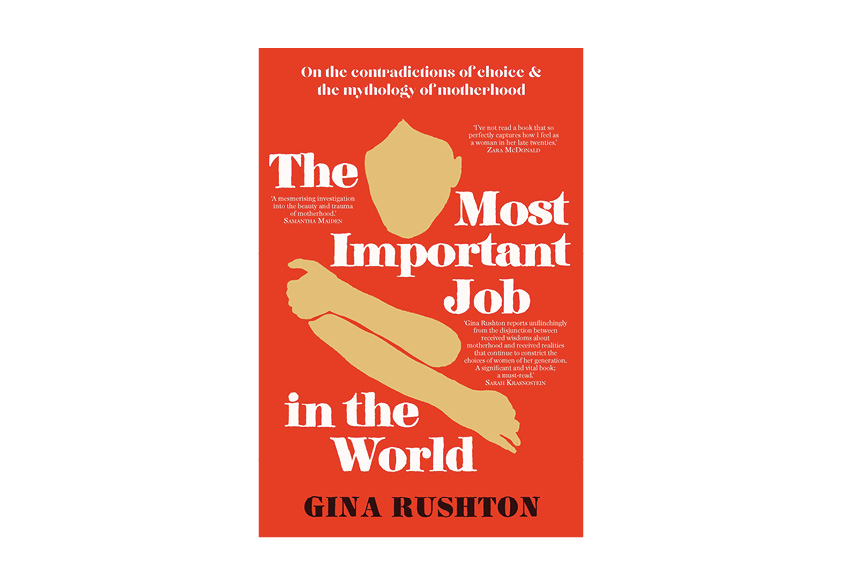
It didn’t have to be this way. In the 1970s in Padua, Italy, a radical campaign began drawing attention to the unpaid work women were doing – cooking, cleaning, rearing children, caring for the elderly.
These physical, repetitive, skilled vital tasks were made visible not as acts of devotion but for what they were: labour. The movement’s pamphlet, authored by Italian activist and scholar Silvia Federici, ‘Wages Against Housework’ (1975) opens: ‘They say it is love. We say it is unwaged work.’
She challenged the notion that housework was an aspiration ‘coming from the depth of [their] female character’, an innately womanly desire. The idea that nurturing is natural, housework is inevitable, mothering is purpose. On some of the pamphlets, an exhausted mother steadies herself with a broom as a flock of children tug at her skirt. In her other hand, she holds a wad of cash. The dollar sign is a tiny scribble, but it makes the image feel radical even almost half a century later. The crass audacity to put a price on something you have been socialised to believe is as fulfilling as it is fated.
You only have to look at the wages of childcare workers, teachers and aged care workers to see how this lingering presumption complements a ‘do what you love’ ethos to devalue work that is traditionally gendered female. Care work in the home has been denigrated for so long that it still fails to be compensated fairly outside of it.
Care work in the home has been denigrated for so long that it still fails to be compensated fairly outside of it.
Looking back, I see clearly how equating my paid labour with my own value in society was not just foolish but in direct opposition with how I value other people. It does not square with how I value the time and effort of my brother, an unemployed person living in social housing, nor how I value my mother’s domestic care on the days she wasn’t teaching. Any progress, particularly for women, that confines itself to the workplace feels to me now not just incomplete but exclusionary. In overvaluing paid employment, we devalue what is underpaid or unpaid and allow the state to continue shafting the burdens of social reproduction on to families.
**
The idea that unpaid domestic labour and caring work isn’t work at all, it is love and so need not be recognised or compensated, is ancient propaganda while the notion that you must ‘do what you love’ has become a misleading ethos for working millennials.
The problem with interrogating a motherhood built on the myth of love as labour or questioning a paid job that requires labour as love is that it complicates the question of what to devote yourself to and where you might find meaning in your life.
The problem with finding a ready answer for a readily asked question – if not kids, then what? – is that I am running out of time. A career felt like a complete answer to me until it didn’t. A woman whose entire life revolved around her job was enviable until she wasn’t. Yet, even if it was financially viable, I can’t imagine ever completely abandoning paid employment.
How long left do I have to consider a life in which the most important thing isn’t a job nor parenting but something else entirely? What is the sum that accounts for the labour I want to give my friends, my community, myself? How can I make space for that calculus and still pay rent? ‘How do I create a fulfilling life for myself that isn’t only work-focused?’ a childless friend asks. ‘What if you’re not a careerist?’
Who would I be without children? Who would I be without children and a career? Why does it still feel radical to admit I might want a life in which I am not preoccupied by either? I entertain notions of being an especially involved community member, an unbelievable cook, a more present auntie, a better friend to more people, enviably fit, the most well-read and well-travelled person you’ve ever met. In every scenario, I see myself endlessly producing. How would I protect any of these pursuits from the cult of productivity?
I want to deconstruct myself as any kind of worker, regardless of whether I am eventually made into a mother or a woman without children. I am apprehensive now about the relentless, goal-oriented, outcome-obsessed, self-interested texture of paid employment as most of us know it folding into any part of my future.
In love, we find who we are, in devotion we express it. Love can mean recognising all mothers as working mothers. Love can mean solidarity, organising for security and conditions or valuing care work. Love can mean regarding a human as more than a speck of capital whose interests will rarely align with anyone who seeks to exploit them as such. Love does not begin as labour and it exists beyond it.
This is an edited extract from Gina Rushton’s The Most Important Job In The World (Pan Macmillan) available now.




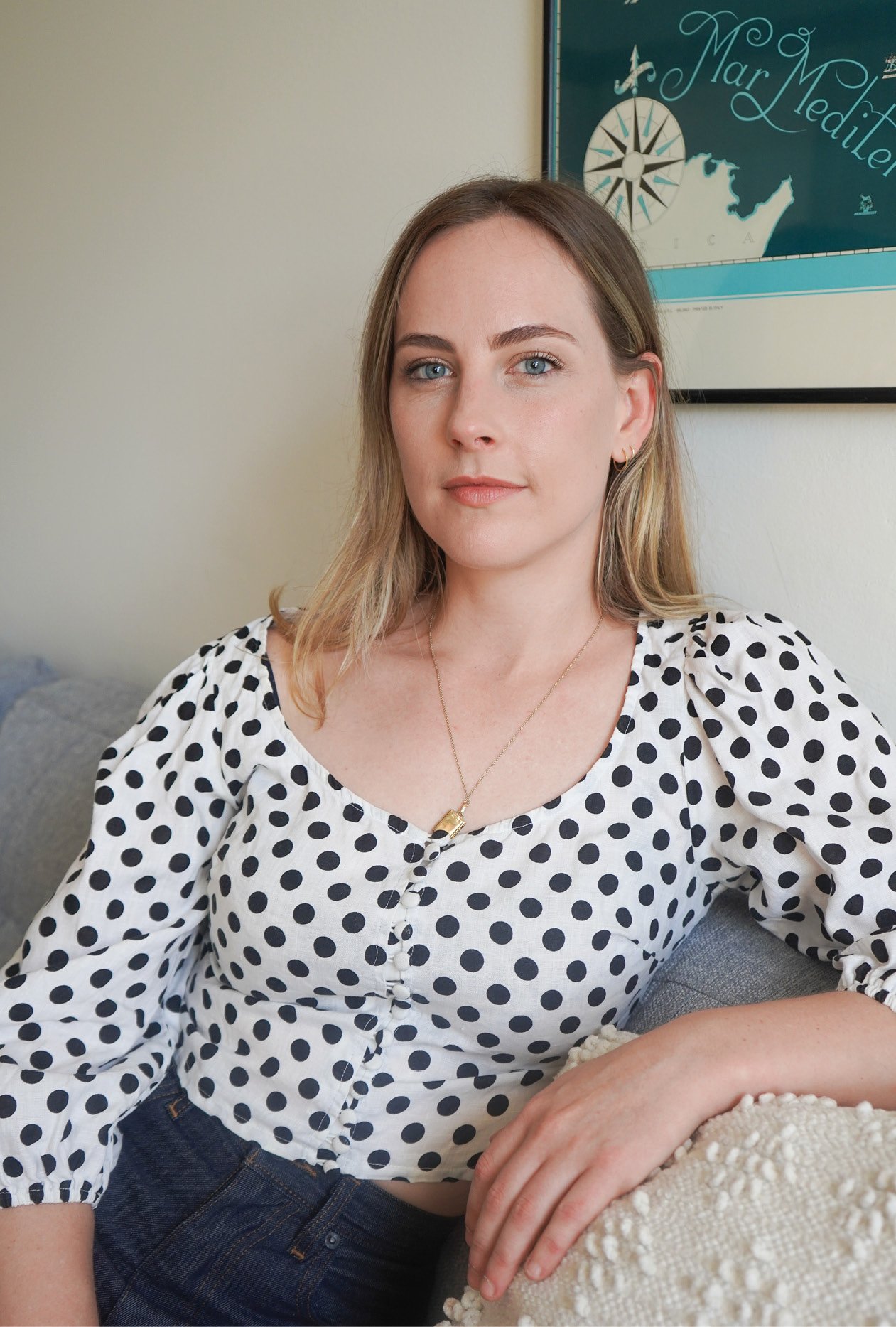
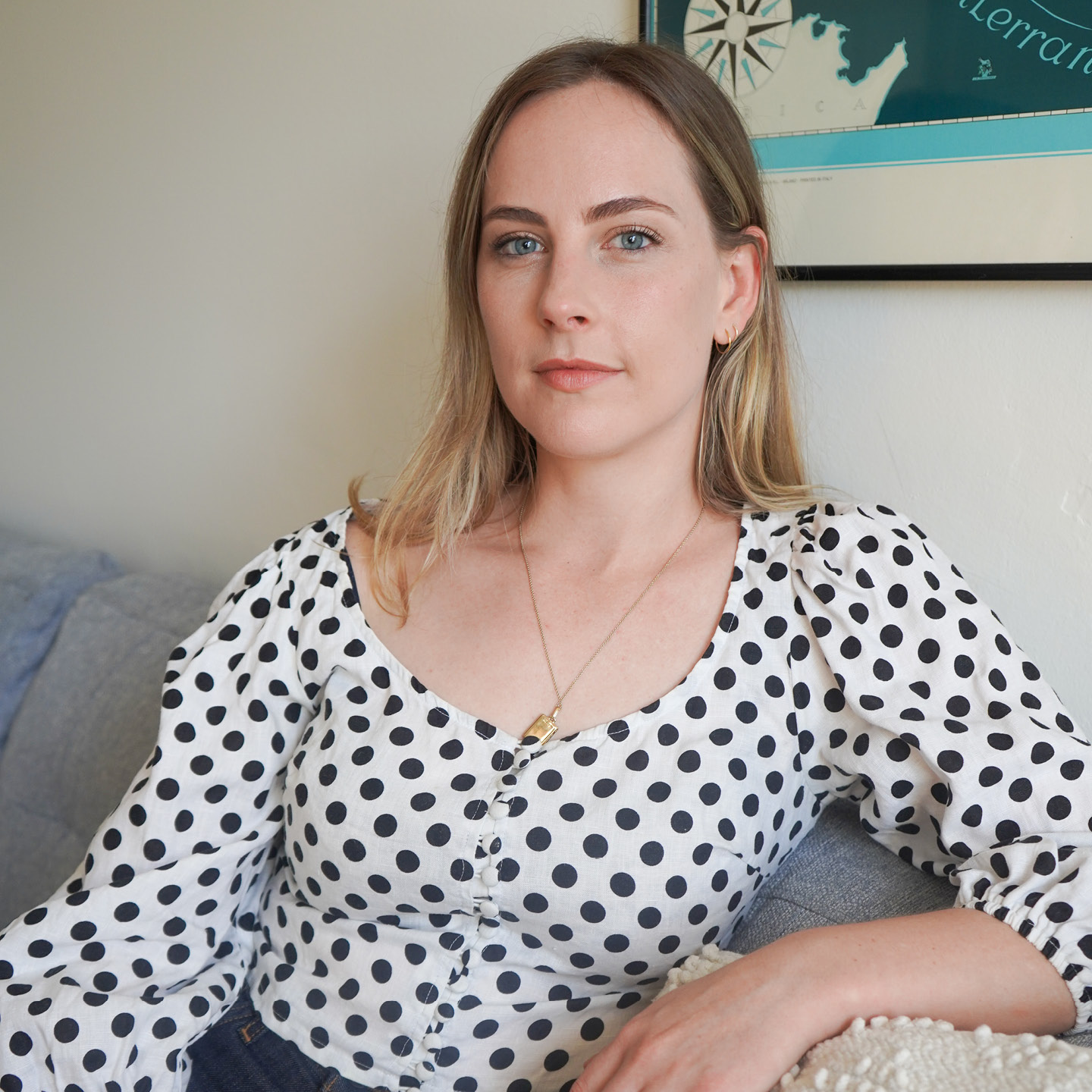

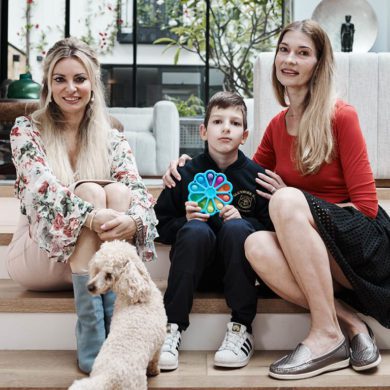
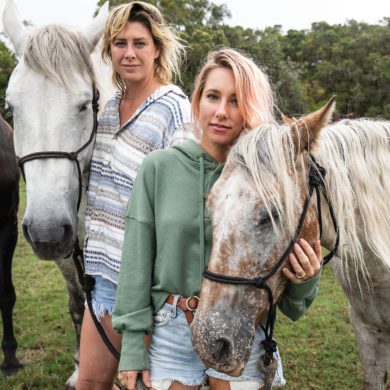
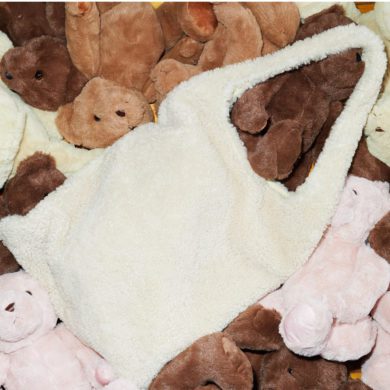
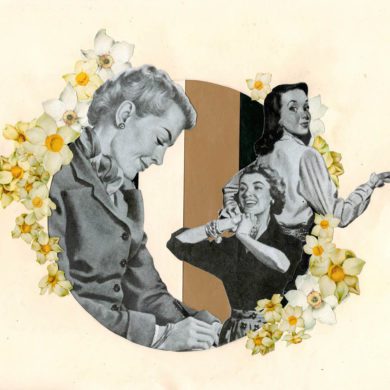


No Comments